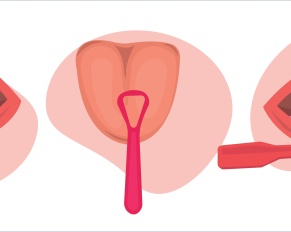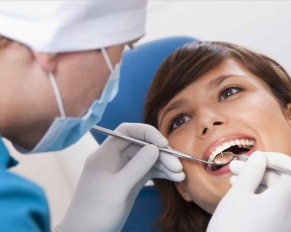Most people think about brushing and flossing when it comes to oral hygiene, and that means they’re forgetting about one…

Common Dental Questions, dental care questions and answers, dental health tips, cosmetic and restorative dentistry, dental technology, ask a dentist about oral cancer

Most people think about brushing and flossing when it comes to oral hygiene, and that means they’re forgetting about one…

Oral cancer is a serious health issue that can be life-threatening if not detected and treated early. Many dental patients…

Cases of mouth cancer have increased by 135% over the last generation and for those who smoke and drink too…